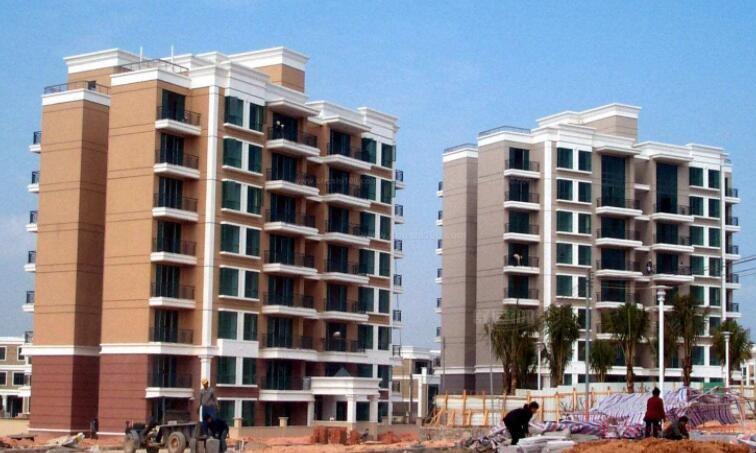What are the advantages of oil-based exterior coating?
Oil-based exterior paint is a very common coating in some buildings. Let's take a look at the advantages of oil-based exterior paint.
1. Good weather resistance: Exterior wall coatings, because the coatings are exposed to the atmosphere, have to withstand the effects of wind, sun, salt spray corrosion, rain, cold and heat changes, etc., under the long-term repeated action of these external natural environments, the coating is prone to cracking, chalking, peeling, discoloration and other phenomena, so that the coating loses its original decorative protection function. Therefore, it is required that the coating of the outer wall should not have the above-mentioned damage within the specified service life. Good mildew resistance: Exterior wall paint finishes are prone to mildew growth in humid environments. Therefore, the coating film is required to inhibit the growth of mold and algae.
2. Good water resistance: When the exterior wall paint finish is exposed to the atmosphere, it will often be washed by rainwater. Therefore, the exterior wall paint coating should have good water resistance. Good contamination resistance: Due to the large differences in environmental conditions in different regions of my country, for some cities with developed heavy industry and mining, due to a large amount of dust and other suspended substances in the atmosphere, the easy-to-contaminate coating will lose its original decorative effect. This affects the appearance of the building. Therefore, the exterior wall paint should have good stain resistance, so that the coating is not easy to be polluted or easily cleaned after being polluted.

3. Good decoration: The exterior wall paint is required to be rich in color and excellent in color retention, and can maintain the original decorative performance for a long time. According to different design functional requirements, higher requirements are also put forward for external wall coatings: for example, in the application of various external wall thermal insulation system coatings, the external wall coatings are required to have a better elastic elongation to better adapt to The surface layer cracks due to deformation, which has a covering effect on the small cracks in the base layer; the exterior wall coating for the anti-aluminum-plastic panel decorative effect should also have a better metallic texture and long outdoor durability.
